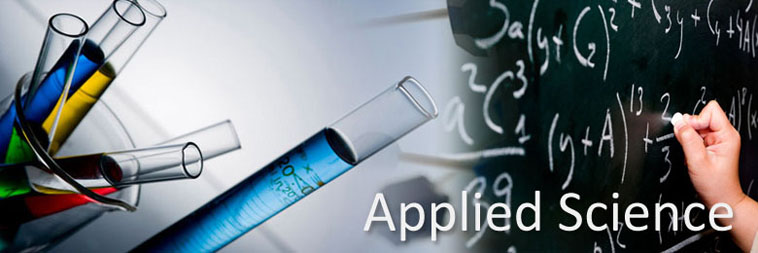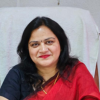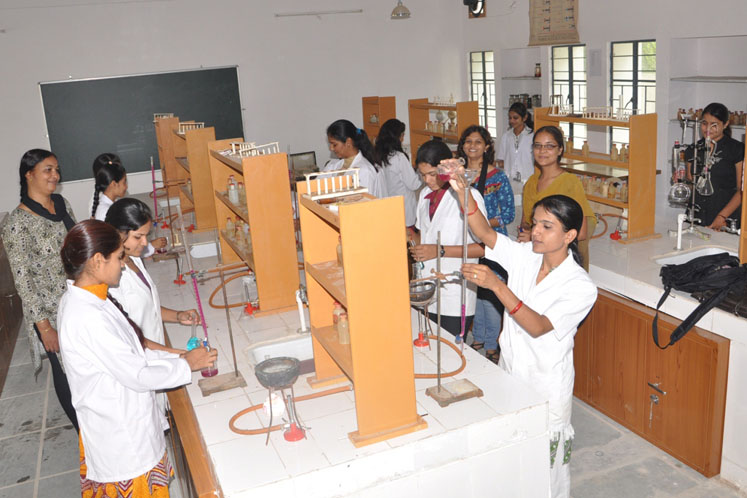Applied science is a discipline that is used to apply existing scientific knowledge to develop more practical applications, for example: technology or inventions. In natural science, basic science (or pure science) is used to develop information to explain phenomena in the natural world.
In natural science, basic science (or pure science) is used to develop information to explain phenomena in the natural world. This information is then put to use for practical endeavors through applied science. Applied science is generally engineering, which develops technology, although there might be dialogue between basic science and applied science (research and development).

| Photo | Name | Designation | Qualification | Email Id |
|---|---|---|---|---|
 | Mrs. Bhawna | Sr. Lecturer | M.Sc., B. Ed. | bhawnapihu2013@gmail.com |
 | Mrs. Anju Nain | Lecturer | M.A. English | anjunainsingh@gmail.com |
 | Mr. Ravish | Lecturer | M.Sc. Maths | ravishgodara4@gmail.com |

College laboratory classes may or may not differ from high school Advanced Placement class labs, depending on the school you attend. Community college labs are likely more similar to high school class labs than lab classes at large universities. Not all science classes have labs; some are just lecture courses. Usually lab classes are scheduled at a separate time from the lecture period. During lab courses, students get a hands-on experience of the subject being taught during the lecture.
”Some classes may require a lab partner, while upper-division classes may have solo science experiments.”
College labs are most often attached to science and pre-med classes. Lab classes vary according to whether they are for a major or to fulfill general-ed requirements. Common science classes with labs include biology, chemistry, physics and astronomy. The biggest difference between high school labs and college labs tends to be writing lab reports.



| Sr. No. | Branch | Sem. | Subject | Download |
|---|---|---|---|---|
| 1 | Applied science | 2nd Sem. | Maths | Download |
| 2 | Applied science | 2nd Sem. | Maths | Download |
| 3 | Applied science | 2nd Sem. | English | Download |
| 4 | Applied science | 2nd Sem. | Communication Skills | Download |
| 5 | Applied science | 1st Sem. | Physics | Download |
| 6 | Applied science | 1st Sem. | Physics | Download |
| 7 | Applied science | 1st Sem. | CS | Download |
| 8 | Applied science | 1st Sem. | CS | Download |
| 9 | Applied science | 1st Sem. | Maths | Download |
| 10 | Applied science | 1st Sem. | Maths | Download |
| 11 | Applied science | 1st Sem. | FEEE | Download |